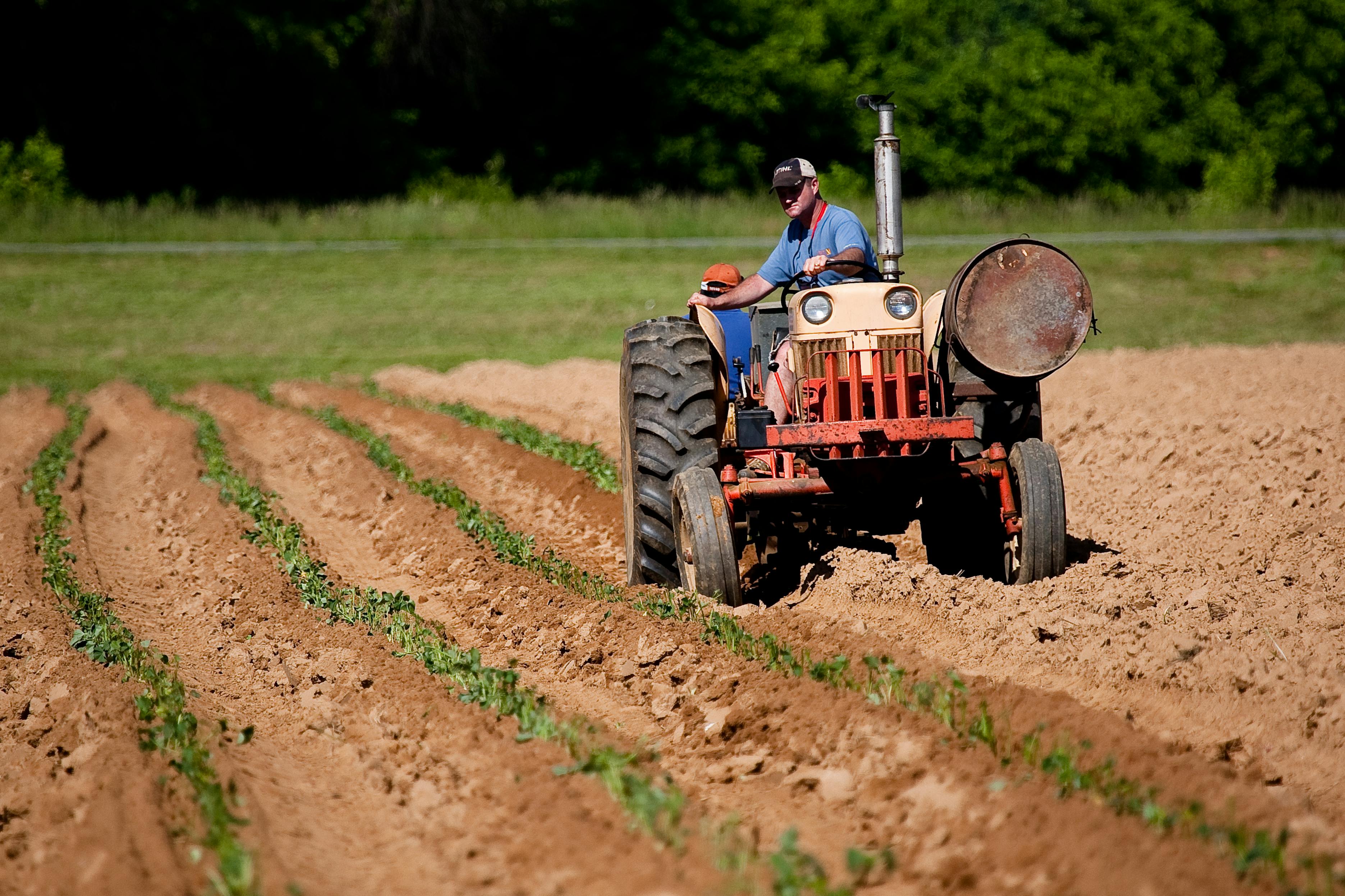Agriculture Careers – Equipment and Digital Innovation
Agriculture careers depend on advanced equipment to improve safety and productivity. Modern software solutions manage schedules and reporting, while franchise structures guide professional training and ensure reliable career growth in the farming sector.

How Equipment Drives Innovation in Agriculture Careers
Agricultural equipment has evolved dramatically, creating new career opportunities for technicians, operators, and engineers. Modern farming relies on precision agriculture tools including GPS-guided tractors, automated irrigation systems, and drone technology for crop monitoring. These innovations require skilled professionals who understand both mechanical systems and digital interfaces.
Equipment specialists work with manufacturers to develop and maintain complex machinery that can plant seeds with millimeter precision, apply fertilizers at variable rates across fields, and harvest crops with minimal waste. Career paths include equipment sales, service technician roles, and precision agriculture consulting. Many professionals combine mechanical expertise with data analysis skills to optimize equipment performance and improve farming efficiency.
The integration of artificial intelligence and machine learning in agricultural equipment creates additional opportunities for software engineers and data scientists within the agriculture sector. These roles focus on developing algorithms that help equipment make real-time decisions based on soil conditions, weather patterns, and crop health indicators.
How Software Supports Organization and Monitoring
Digital platforms have become essential tools for modern farm management, creating numerous career opportunities in agricultural technology. Farm management software helps track crop rotations, monitor livestock health, manage inventory, and analyze financial performance. Professionals in this field develop and maintain systems that integrate data from multiple sources including weather stations, soil sensors, and satellite imagery.
Software specialists in agriculture work on developing mobile applications that allow farmers to monitor their operations remotely. These systems provide real-time alerts about irrigation needs, pest detection, and equipment maintenance schedules. Career opportunities include software development, user interface design, technical support, and system integration specialist roles.
Agricultural data analysts play crucial roles in helping farms interpret the vast amounts of information collected by monitoring systems. They create reports and visualizations that guide planting decisions, resource allocation, and marketing strategies. This field combines agricultural knowledge with data science skills, making it an attractive career path for individuals with backgrounds in both technology and farming.
How Franchise Systems Expand Training and Career Stability
Agricultural franchise systems provide structured pathways for career development and business ownership within the farming industry. These systems offer comprehensive training programs, ongoing support, and proven business models that reduce the risks associated with starting agricultural ventures. Franchise opportunities exist in areas such as organic farming, specialty crop production, and agricultural services.
Many agricultural franchises focus on sustainable farming practices and specialty markets, providing franchisees with marketing support and established supply chains. Career opportunities within franchise systems include franchise management, training coordination, quality assurance, and regional development roles. These positions often combine business management skills with agricultural expertise.
Franchise systems also create opportunities for agricultural consultants who help evaluate franchise opportunities, provide business planning support, and assist with operational improvements. The structured nature of franchise systems provides career stability while allowing for entrepreneurial growth within established frameworks.
Technology Integration and Career Development
The convergence of traditional agriculture with digital innovation creates unique career development opportunities. Agricultural professionals increasingly need skills in data analysis, equipment operation, and business management. Many universities and technical schools now offer specialized programs that combine agricultural science with technology training.
Professional development in modern agriculture often involves continuous learning about new technologies and farming methods. Industry certifications in precision agriculture, drone operation, and farm management software have become valuable credentials for career advancement. Many professionals pursue hybrid roles that combine field work with office-based data analysis and planning activities.
Agricultural technology companies actively recruit professionals with diverse backgrounds, including engineering, computer science, and business management. These roles often involve working directly with farmers to implement new technologies and provide ongoing support for complex systems.
Future Opportunities in Agricultural Innovation
Emerging technologies continue to create new career possibilities within agriculture. Vertical farming, hydroponic systems, and controlled environment agriculture require specialists in plant science, environmental control systems, and facility management. These indoor farming methods often locate operations near urban centers, creating career opportunities in metropolitan areas.
Biotechnology applications in agriculture generate demand for professionals with expertise in plant genetics, soil microbiology, and sustainable farming practices. Career paths include research and development roles, field testing coordination, and regulatory compliance management. Many positions involve collaboration between agricultural scientists and technology developers to create innovative solutions for food production challenges.
The growing focus on sustainable agriculture and carbon sequestration creates opportunities for environmental specialists who can help farms implement practices that improve soil health while maintaining productivity. These roles often involve working with government programs, carbon credit markets, and sustainability certification systems.
Modern agriculture offers diverse and evolving career opportunities that combine traditional farming knowledge with advanced technology. The integration of sophisticated equipment, comprehensive software systems, and structured franchise models creates multiple pathways for professional growth. Success in agricultural careers increasingly depends on adaptability, continuous learning, and the ability to work with both traditional farming practices and cutting-edge innovations. These careers contribute to global food security while offering personal satisfaction through meaningful work that supports communities and environmental sustainability.




